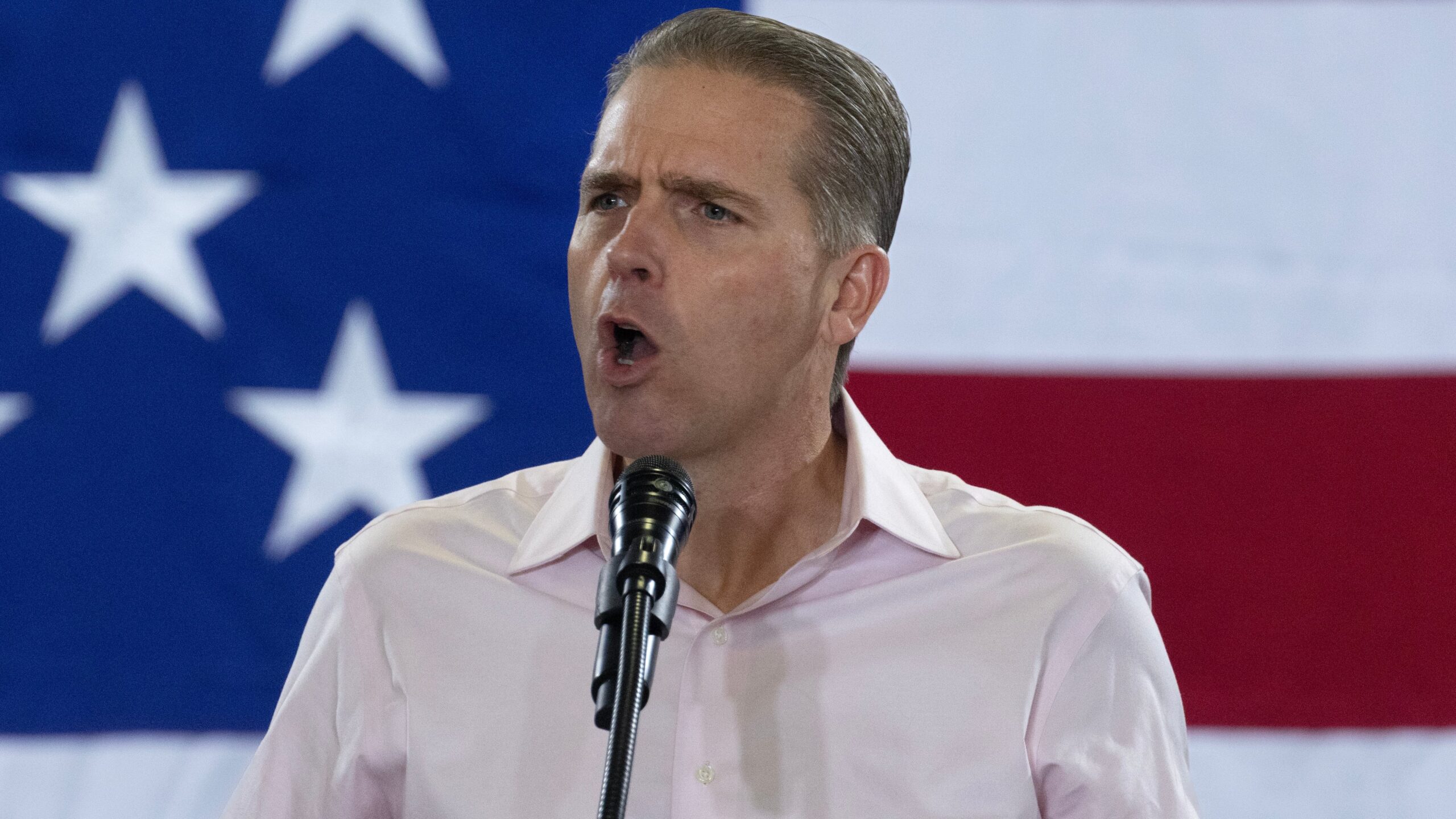UPDATE: Tensions escalated on Monday night as CNN commentator Scott Jennings fiercely criticized MSNBC host Lawrence O’Donnell, labeling him an “irrelevant lunatic” following O’Donnell’s remarks about Jennings on his show, The Last Word.
The confrontation erupted after O’Donnell accused CNN of “paying a Trump supporter to lie” on air, targeting Jennings directly. This verbal clash is part of a growing feud that highlights the intense divisions in media commentary concerning former President Donald Trump.
O’Donnell’s comments came during his broadcast, where he stated, “During the first Trump presidential campaign and presidency, CNN regularly paid Trump supporters to lie about Trump.” He criticized CNN’s recent hiring practices under new leadership, suggesting that Jennings epitomized a troubling trend. “But then CNN got a new head… hired by the Trump-supporting owner,” he added, referencing the network’s current CEO, Mark Thompson.
In response, Jennings took to his own podcast, The Scott Jennings Radio Show, to fire back at O’Donnell. “There’s this lunatic on MSNBC at 10 o’clock every night named Lawrence O’Donnell,” Jennings said, dismissing O’Donnell’s criticisms and claiming he had “sort of forgotten” about the MSNBC host. He played clips from O’Donnell’s segment, scoffing at the allegations of dishonesty.
“Lie? Someone at MSNBC is accusing someone else of lying? Outrageous,” Jennings stated.
Jennings defended Thompson, countering O’Donnell’s insinuations about his nationality and asserting that Thompson is an American citizen. He pointedly remarked on O’Donnell’s declining viewership, claiming, “He’s irrelevant, nobody likes his show… Abby Phillip was kicking his rear end by 30 percent on a nightly basis.”
In a striking twist, Jennings noted that while O’Donnell’s show often pulls in double the viewers of NewsNight, Jennings’ program leads significantly in the coveted 25-54 demographic, showcasing a dichotomy in audience engagement. “Can you imagine having a television show on a network and you spend your precious time complaining about what someone else is doing on another network?” Jennings questioned.
As this media feud unfolds, it underscores the fierce competition and polarization within news networks as they navigate the contentious landscape of political commentary. Both Jennings and O’Donnell are emblematic of broader trends in American media, where personal attacks and ratings battles often dominate the discourse.
What’s next for Jennings and O’Donnell? With the political climate heating up as the 2024 elections approach, viewers can expect more confrontations and potentially explosive exchanges as commentators vie for attention and influence in a rapidly evolving media environment.
This ongoing clash is not just a battle of words; it reflects the deepening divides in political narratives that resonate with audiences across the spectrum. As both sides continue to argue for their perspectives, the stakes for media credibility and audience loyalty have never been higher.
